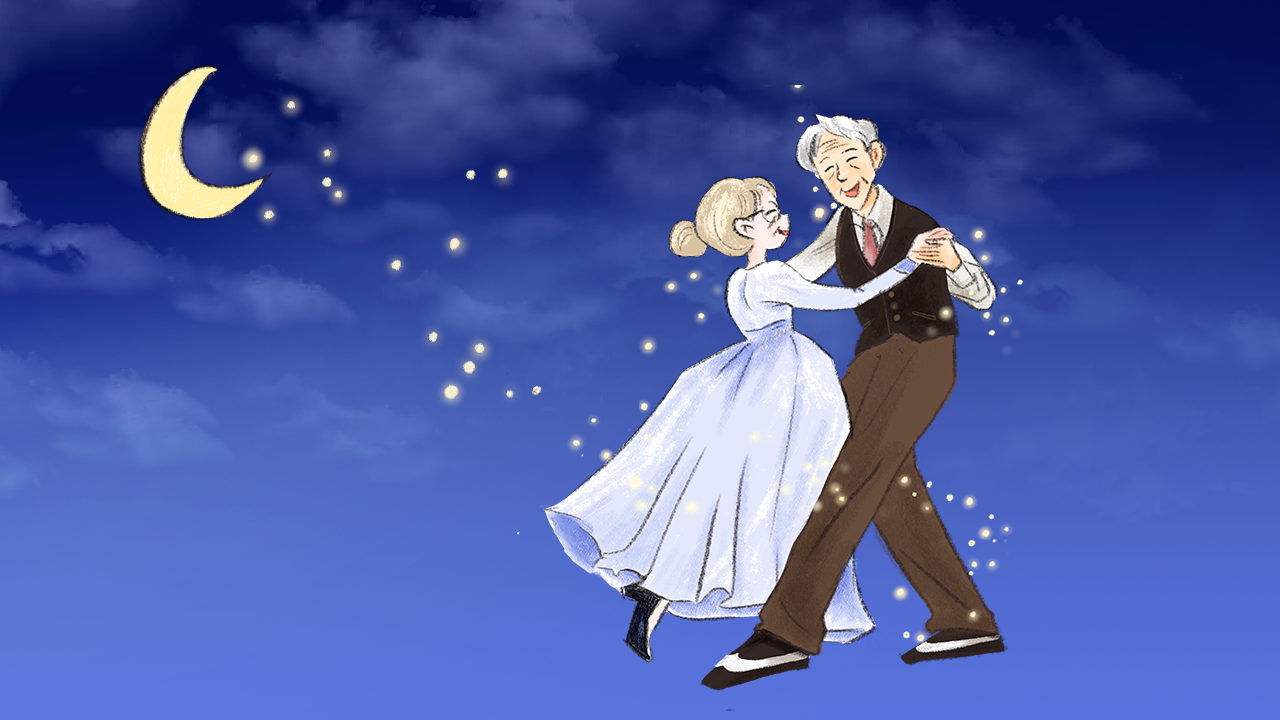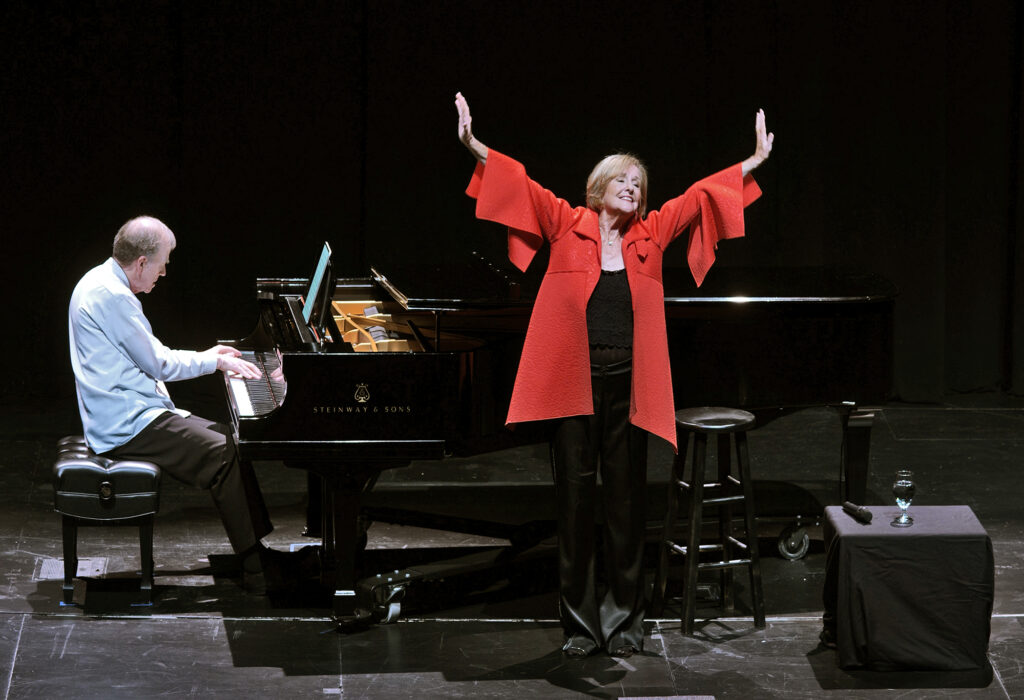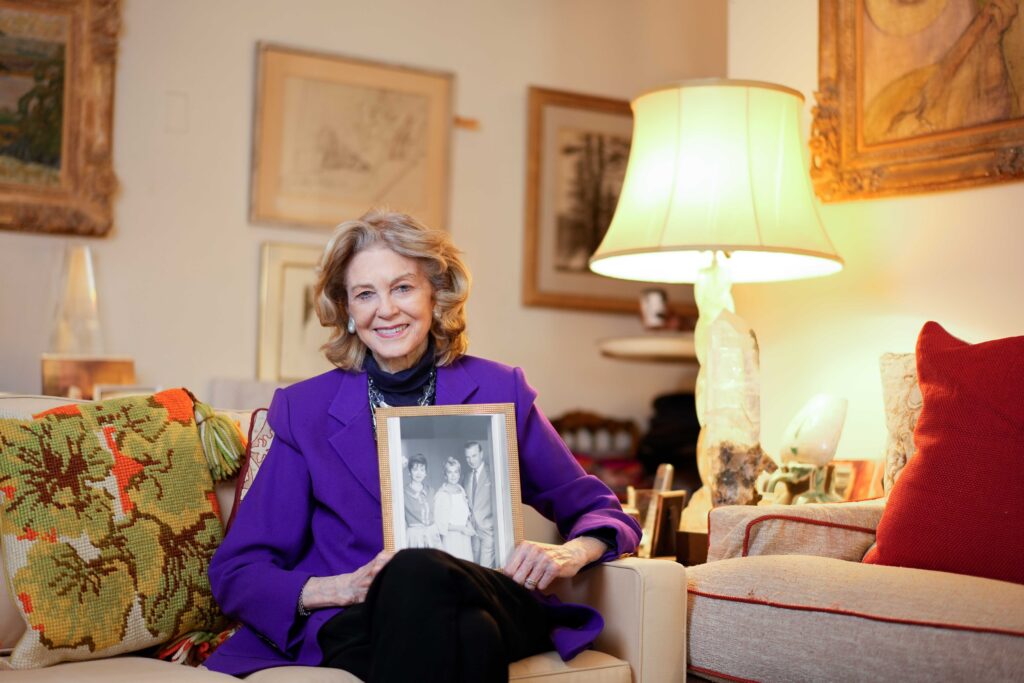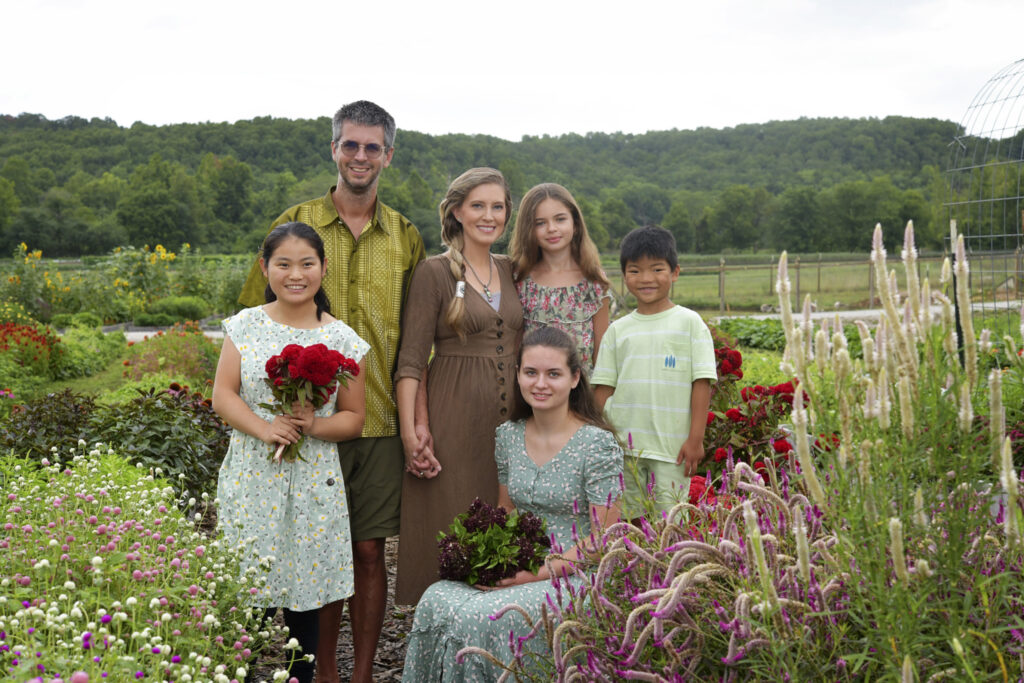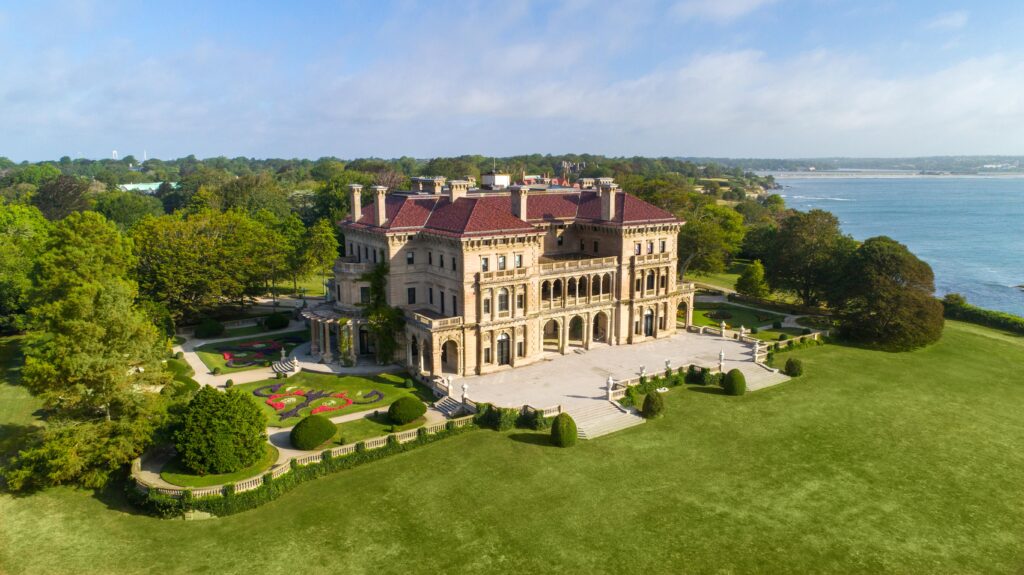One of the great dilemmas of every age in history is that each new generation of young people has no real sense of what went before it. Jack Wibby is an 88-year-old, 30-year Navy veteran born in 1932, and he is doing his bit to keep the past alive by teaching ballroom dancing.
He graduated from Bangor High School in Maine in 1951, where he fell in love with dancing. The town had dances at the YMCA every weekend, and Jack attended as many as he could. But then he joined the Navy in 1954 and got shipped to Korea, where he spent the winter of 1955 doing logistics work in the town of Sokcho and shivering in Korea’s infamously cold weather.
Jack is intensely patriotic and loves the Navy, and he would still be in the reserves today if the Navy brass had not insisted that he retire at thirty years. After active duty, he started teaching physics and ended up educating high school students in Yarmouth, Maine, where he retired from teaching after 34 years.
His wife, Janet, passed away in 2009. To fill the gap, a family friend suggested that he go back to dancing. So, at age 76, he started going to the Maplewood Dance Center in Portland and attended three times a week. He learned a great deal about ballroom dancing, both from the instructors and from some of the more advanced students. Physics may have helped, with its principles of motion. When two people dance together, they have to work in harmony and sense the direction of each other’s movements. It helps to know about things like “angular momentum.”
Three years later, at 79, Jack started his own ballroom dance classes, conducting two sets of classes a year. He’s been running his classes ever since. When I remarked how unusual it was that he was teaching ballroom dance at 88, he laughed and said, “Age? I don’t care about age.”
What he does care about is America and the state of its culture. He loves dance, he loves the Navy, but he really loves America. He believes that there’s been a marked shift in America’s cultural values since the 1960s and said, “I’ve seen our culture declining for 50 years now. I’ve seen our culture go from something that was inspirational to something that’s just plain boring and vulgar.
“It was a culture of romance. It was a culture of decency. The movies were decent. Everything in the culture was about loving somebody. There were little sidetracks, here and there. But the morals of society were pretty well understood. There was very little premarital sex. There was no sex-ed. The big joke in high school was that we wanted a class in sex-ed because the labs would be fun.”
We talked about the sexual revolution of the Beat Generation and the 1960s, rock-and-roll, and Woodstock, and then we reflected on the difference between ballroom dancing the way it was done in the 1800s, in Jane Austen’s England, and today’s overtly sexual form of what he declined to call “dancing.”
He described a dance class that he conducted at St. Joseph’s College of Maine in Standish. He first taught the teachers, and the course was well received. But when he tried to teach ballroom dancing to the students, there was very little interest.
Most of his students over the last nine years have been in their 50s or older. Jack is unhappy about the state of America’s youth, as many people are. Yet he’s not specifically on a crusade to reform the culture through ballroom dancing, although he thinks it’s a valuable step in the right direction.
I asked him if he regarded his dance class as a way to bring people back to the “culture of romance.” He agreed that his interest in ballroom dancing was partly a reaction to modern culture. He also sees tremendous value in the music of ballroom dancing.
“You can’t listen to the tangos, the rumbas, you can’t listen to Nat King Cole, you can’t listen to Harry James, you can’t dance to Xavier Cugat, you can’t do that, and think of Woodstock.”
When young people today discover the rhythm of tangos and rumbas and the beauty of a romantic waltz, they may well realize that ballroom dancing is cool, radical, awesome, and just plain fun.
As he heads toward his 90th year, he’s working on finding a new venue for his next set of classes, which were temporarily halted by the pandemic.
My sense is that Jack Wibby will continue dancing into his hundreds. He’s having a considerable amount of fun, and he’s contributing to what may become a new culture of romance.
And everyone loves romance.
Peter Falkenberg Brown is a writer, author, and public speaker. One of his recent books is titled “Waking Up Dead and Confused Is a Terrible Thing: Stories of Love, Life, Death, and Redemption.” He hosts a video and podcast channel called “The FalkenBrown Show” at his website, PeterFalkenbergBrown.com

